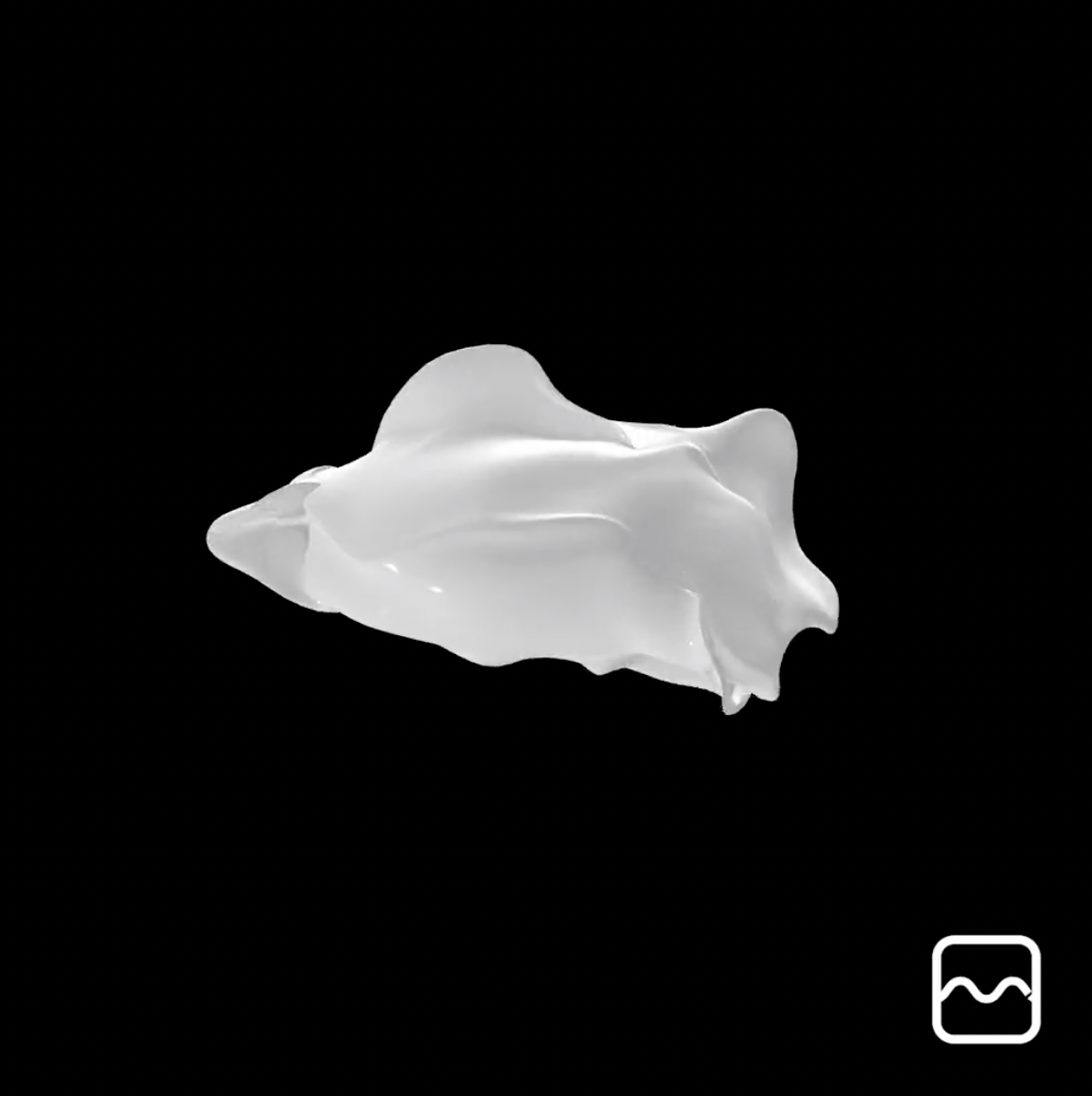Will Generative Music Have Its Moment Like Generative Art Has?

While NFTs have seen most of their success in the form of visual art, I do believe there are certain audio NFT models that could find a solid footing.
Generative Music NFTs
Aside from the obvious choice of artists dropping albums as NFTs, the audio NFTs that have seen the most traction are generative music collections. These are music NFTs designed by AI.
Most notably would be EulerBeats which uses mathematical models from Euler to generate music and Audioglyphs which sources on-chain data to generate music.
But one of the new entrants is Mubert. While they aren’t strangers to generative music – offering a catalog of royalty-free generative music packs – this is their first time launching NFTs. The collection features 50 audio/visual collectibles that are a collaboration between artists and AI. And owning one of the NFTs gives users access to an archive of the tracks used in the NFTs.
There are many appeals of AI for the music industry. However, in my opinion, the real appeal of generative music is the ability to create and curate “The Soundtrack to Your Life”. Essentially, it's generative music that adapts real-time to your situation or your emotion.
Endel is an app that generates music around the mood you’re feeling (or want to achieve), such as focus, relaxation, or sleep. Their sounds adapt to different inputs – like time of day, weather, heart rate, and location.
Another company, with a slightly different approach is Weav. They create adaptive music based on a given activity. Forbes called them “The Startup Syncing Music To Running, Skiing And – Yes – Sex”. Currently, they have Weav Run which matches a song’s beat to your stride. Speed up and the beat speeds up. Visa versa if you slow down.
Source: The Soundtrack to Your Life by Inevitable/Human
If you download the Mubert app today, adaptive generative music is exactly what the experience is designed for. You’re given all of these input options to change the real-time generative soundtrack. It’s a very engaging experience.
How can ever-present, adaptive music be distributed as an NFT? I’m not entirely sure. But I believe it’s an interesting direction for generative music to take. Furthermore, Mubert is already positioned to design an NFT-related experience for it.
On the flip-side, there’s also an opportunity for generative music collections that aren’t AI-generated, but rather user-generated.
NFTs for Producer Packs
I really like how Timbaland released his Opera Noir EP. Basically, he minted pieces of his upcoming soundscape album as NFTs and those who collect at least 2 of the NFTs are given access to an online mixing machine to create their own Opera Noir songs. In essence, it’s a generative music collection where the songs are generated by the community.
(EulerBeats is in the process of dropping their Futura collection, which will operate under a similar premise that puts Futura Mixpass holders in charge of creating music).
This made me think of all the services out there for buying producer sample packs, music loops, and sound kits. It’s a massive industry where engineers curate sound packs for aspiring producers that need sounds to sample and produce music for.
Sound Capsules has done something along these lines, but it wasn’t explicitly marketed toward producers. And the collection isn’t very vast or designed to be put into a production.
I don’t think it’s long until we see some of these sites that offer sample packs start to transition toward an NFT model. From a consumer’s perspective, this market makes perfect sense for NFTs because it would enable producers to retain true ownership over these sound samples.
Ready to Learn About NFTs?
Join 11,000+ readers of NFT QT, a weekly newsletter packed with tips and actionable insights for people fascinated with NFTs just like you.
